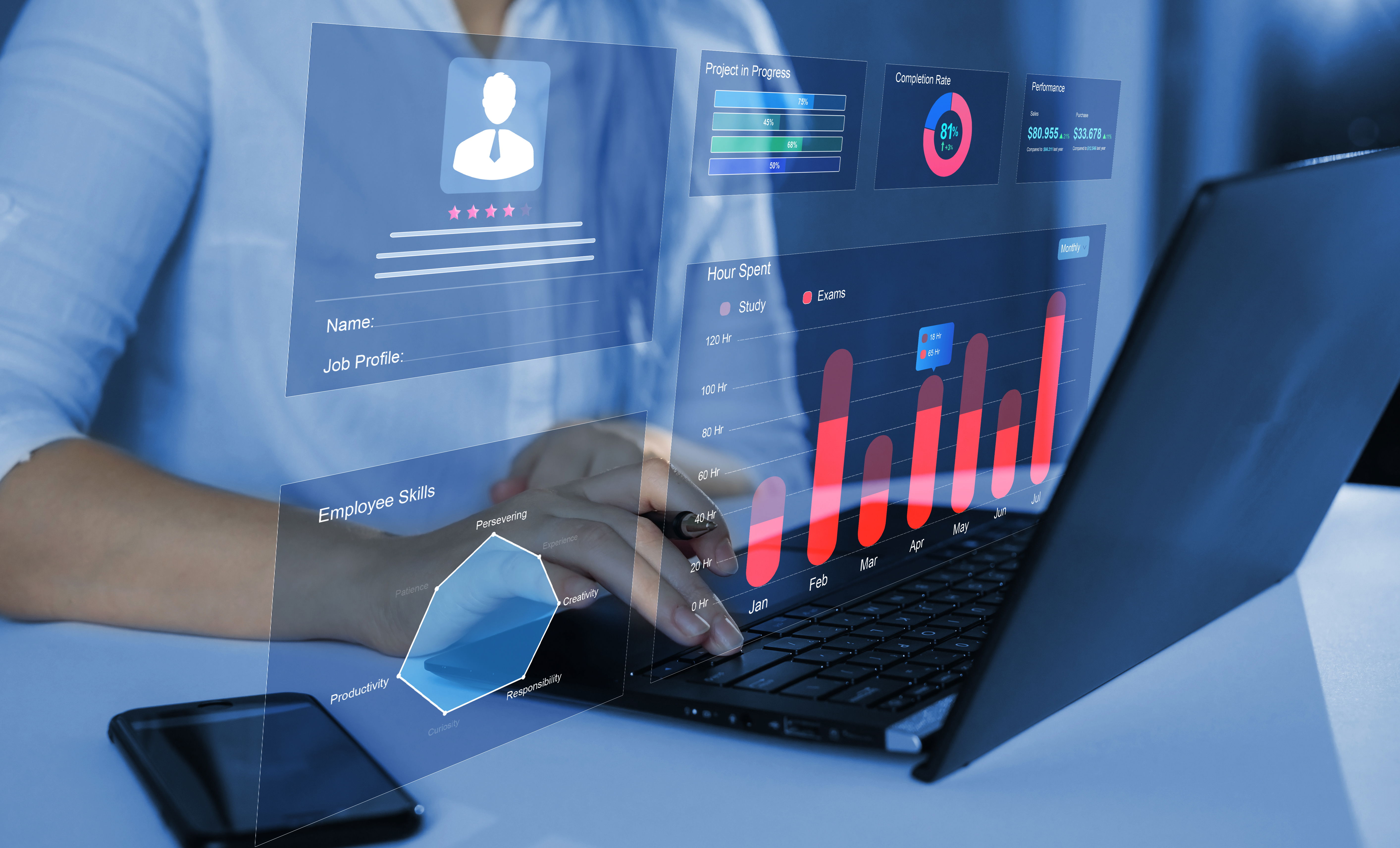If HR Is Not Guiding AI Ethics, Who Is?
Imagine this: a candidate applies for a job; and within seconds, an algorithm scans their resume, gives them a score and filters them out. The recruiter never even sees their profile. No feedback, no human touch, just an invisible decision made by a system no one in HR really understands. It sounds efficient, but is it fair? And more importantly, who is accountable?
As artificial intelligence rapidly becomes embedded in how we hire, promote and measure performance, we cannot ignore the ethical implications. The truth is, AI is not just reshaping HR operations, it is reshaping people’s careers and lives. And if HR professionals are not actively involved in the development, selection and oversight of these tools, we risk letting technology outpace our values.

AI Is Already Deep in HR - Often Without Oversight
From automated resume screening and chat-based interviews to productivity tracking and attrition predictions, AI is everywhere in today’s workplace. Tools like HireVue, Pymetrics and even generative AI platforms are changing how we make people decisions. The problem? Many of these tools operate as black boxes. We do not fully understand how decisions are made, what data is being used or whether those decisions are fair and inclusive. That is where the real risk lies.
What Happens When Ethics Are an Afterthought?
Here is the uncomfortable truth: AI can amplify existing bias, not eliminate it.
Bias in, bias out
If the data used to train AI reflects historical inequalities, the algorithm is likely to mirror and reinforce those patterns. For example, if past hiring data favors certain schools, backgrounds or experiences, the AI may continue to prioritize those, excluding equally capable candidates.
Lack of transparency
Many AI systems don’t explain why a decision was made, whether it is rejecting a candidate, flagging an employee or identifying someone as “high potential.” Without transparency, there is no room for accountability, correction or appeal.
Workplace surveillance
AI tools that monitor behavior, like keystroke tracking, facial analysis during meetings or passive productivity scoring, often cross a line. They may promise efficiency but what they erode is employee trust.
Why HR Needs a Seat at the Ethics Table
HR professionals are uniquely positioned to bring human insight into how AI impacts people. We understand context, fairness, culture and compliance; and most importantly, we understand people. We can:
- Ask the right questions before AI tools are implemented.
- Ensure a variety of perspectives are considered in design and deployment.
- Advocate for transparency, fairness and inclusion in any tech that touches people’s lives.
AI ethics cannot be left solely to tech or legal teams. HR must be part of the conversation; from the very beginning.
What Can HR Do Today?
If you are wondering how to start making an impact, consider these steps:
- Audit the tools you already use. Understand how decisions are made and what data is feeding those systems.
- Form a cross-functional ethics team. Include HR, IT, Legal and DEI to review all AI-powered platforms or processes.
- Ask for transparency. Don’t settle for a sleek demo; ask vendors how their AI makes decisions.
- Upskill your HR team. You do not need to become data scientists, but having a working understanding of AI and data ethics is now essential.
- Create clear ethical guidelines. Set internal standards for any technology that affects hiring, performance or people decisions.
We often speak about giving employees a voice. But in a workplace increasingly shaped by algorithms, HR needs a voice too, especially at the AI ethics table. This is not just about compliance. It is about protecting fairness, trust and the human side of work.
And that starts with us.


